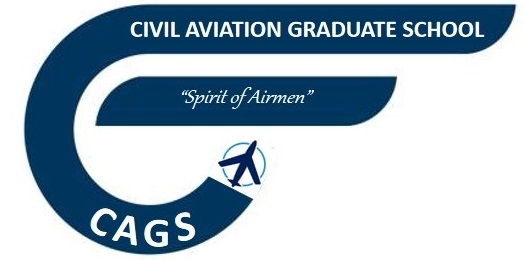Aerospace outreach programs
AGS provides unique aviation and aerospace education programs for elementary, middle and high school students who are interested in aviation and aerospace.
About The Program
The program provides students with a wide range of aviation career exploration experiences and also focuses on Science, Technology, Engineering and Mathematics (STEM).
AGS reach 1,500–2,000 each year. These programs expose students to the following activities:
- Lessons in flight planning, aviation history, and the physics of flight
- Field trips to aviation-related sites
- Instruction on aircraft design and maintenance
- Flight simulations and, in some locations, flights in aircraft
AGS is also launching an entertainment and education program “An Astronomical Evening” which will be held in theatres for adults interested in space exploration and cosmology. This is a public program which will help the humans understand where we are in universe and learn much about astronomical discoveries in a theatrical environment.
Primary Schools Pupils Programs
Topics
- How aircrafts fly
- Parts of an aircraft
- Pilots, Flight attendants and Aircraft engineers
- Astronomy for kids
- Astronauts at work
- Photo shooting with aviators


High School Program
Topics
- Age of pioneers
- Aircrafts and war
- The golden age
- Battle for the skies
- Cold war, hot war
- Space travel
- Shrinking world
- Cabin Crew / Flight attendant
- Piloting
- Aircraft Engineering
- Air traffic control and other technical careers
- Airline Management and related careers
- Airport Management and related careers
- Design and process
- Dynamics of flight
- Engines: How jet engines work to create lift
- Stealth technology and military aviation
a) The solar system and beyond
- Where are we in universe
- The earth
- The inner planets
- The outer planets
- The sun
- The solar system
- The milky way galaxy
- The Hubble Ultra-Deep Field
- Space explorations
Astronomical Evening: General Public Invited
- Appalling findings
- Whispers from space
- Our solar system
- Light years
- Universe according to Aristotle , 300 B.C
- Universe according to Nicholas Copernicus
- Galileo Galilei telescope
- Edwin Hubble Hooker telescope
- The big bang theory and quantum mechanics
- Dark matter, dark energy and fate of cosmos
Only recently have we begun to understand the scale of it all. The public will discovered things so small (10-42), and expanses so vast (10 30) that researchers need special notation to write the incredible distances and magnitude involved in understanding the universe. This may in one way or another re-think the physics taught in schools at the moment.


